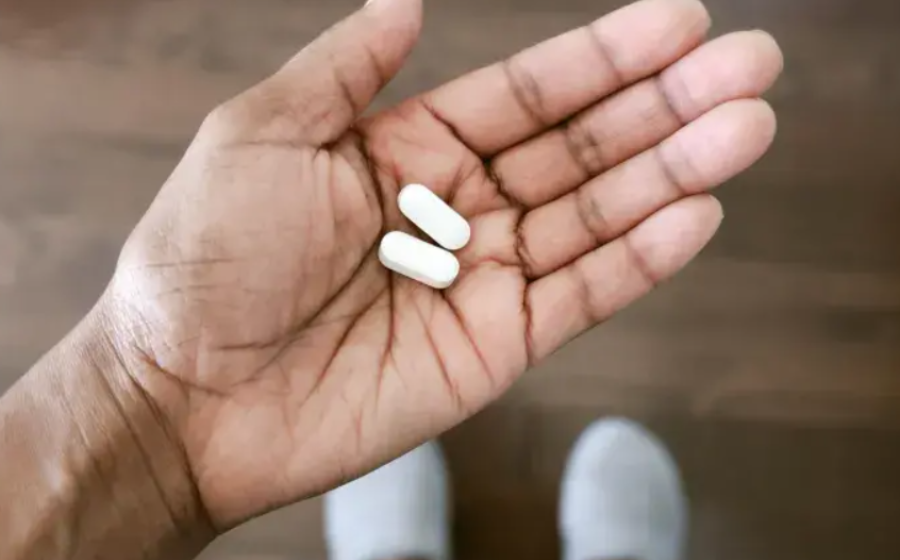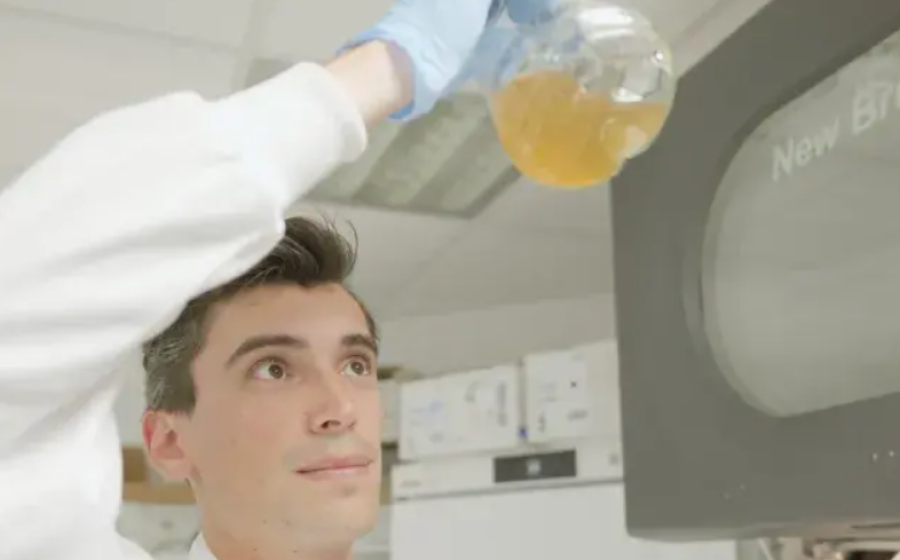

In a groundbreaking scientific breakthrough, researchers at the University of Edinburgh have found a way to turn plastic waste into the widely used painkiller paracetamol and the results could change the face of pharmaceutical manufacturing and plastic recycling forever.
Using a genetically engineered strain of E. coli, a harmless bacterium more commonly found in gut flora than in pharmaceutical labs, scientists were able to convert polyethylene terephthalate (PET) the plastic commonly used in water bottles and food containers into the active ingredient of paracetamol. And they did it sustainably, with virtually zero carbon emissions.
A Painkiller from Plastic
Traditionally, paracetamol is derived from fossil fuels like crude oil an energy-intensive and polluting process that contributes heavily to greenhouse gas emissions. As demand for pharmaceuticals continues to rise, so too does the environmental toll of their production.
But the Edinburgh team, led by Professor Stephen Wallace at the university’s Wallace Lab, took a different approach. By genetically modifying E. coli, they created a microbial “living factory” capable of converting terephthalic acid a breakdown product of PET into paracetamol via a fermentation process akin to brewing beer.
Even more impressive? The process took less than 24 hours at room temperature and yielded a 90% conversion rate. That means nearly all of the recycled plastic was transformed into a usable form of paracetamol.
Fighting Two Crises at Once
This discovery strikes at the heart of two global issues: plastic pollution and fossil fuel dependency. PET waste accounts for more than 350 million tons annually, much of which ends up in oceans or landfills. Though PET is recyclable, current recycling methods still perpetuate the plastic lifecycle producing more plastic that eventually becomes waste again.
Instead of contributing to that cycle, this method offers a radically different pathway transforming discarded plastic into valuable pharmaceutical compounds, effectively converting pollution into treatment.
“This work shows that PET plastic isn’t just waste it can be repurposed into something as valuable as a pain-relieving drug,” said Professor Wallace, a UKRI Future Leaders Fellow and Chair of Chemical Biotechnology.
From Lab to Life
While the method is still in early development and not yet ready for large-scale commercial deployment, its implications are significant. The research published in Nature Chemistry was supported by an EPSRC CASE award and biopharmaceutical giant AstraZeneca, through Edinburgh Innovations, the university’s commercialisation arm.
“We’re building collaborations with companies like AstraZeneca to move discoveries like this from lab bench to real-world application,” said Ian Hatch, Head of Consultancy at Edinburgh Innovations. “Engineering biology like this holds the power to cut our reliance on fossil fuels, create sustainable materials, and help build a truly circular economy.”
The University of Edinburgh is already recognized as a global leader in engineering biology and this latest development reinforces that position. As researchers continue to refine the process and scale it for industrial use, the future of plastic and pain relief may look radically different.


